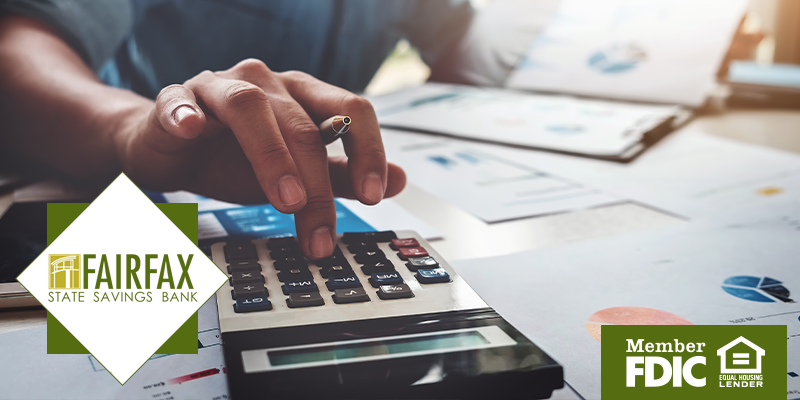Breaking Free from Debt: 10 Proven Strategies for Consolidating Your Finances
Posted on | Categories: Budgeting

Do you have existing debt you’re looking to consolidate? Debt can be a major stressor in our lives and a huge factor in the wellness of our financial profiles. As helpful as loans and credit cards can be for building credit and allowing a financial buffer, if not managed properly, they can allow you to accumulate large amounts of debt. Let’s ditch the debt with these ten helpful tips below!
Create a Realistic Budget Plan
- If it’s time to address consolidating your debt, it’s important to begin by creating a comprehensive, detailed plan. Creating a realistic budget can help you calculate your current finances and create a revised action plan accordingly.
Remind Yourself of Your Reason for Consolidating Debt
- It can be difficult to restrict spending with the new budget that you’ve implemented. Frequently remind yourself of your “why” for consolidating debt. Setting clear goals and tracking your progress within a timeframe will assist in actively consolidating debt.
Consider a Credit Card
- Applying for a credit card may be beneficial for reducing interest costs and reducing debt. Paying off your credit card statement in an efficient and timely matter will help you get back on track to build up your credit score.
Consider Tapping Into Home Equity Loans
- If you’re a homeowner, you may be able to tap into a home equity loan or a home equity line of credit as a financial buffer to get you back on track. Using these methods can help you obtain cash quickly with low-interest rates and help pay off your current debt.
Apply for a Personal Loan
- Personal loans generally don’t require collateral which makes them a great solution for consolidating debt. With a personal loan, you’ll have flexible payment options with low-interest rates available, depending on your credit score.
Consider Starting a Debt Management Plan
- A debt management plan can help you consolidate your debt, save money, and improve your credit score. Debt management plans are typically administered through nonprofit credit counseling agencies.
Consider a Debt Consolidation Loan
- Debt consolidation loans help combine multiple debts into one payment. This type of loan simplifies the repayment process by being more manageable and easier to track. Debt consolidation loans potentially provide lower interest rates as well.
Cut Out Unnecessary Purchases to Prevent Accumulating More Debt
- A key factor when consolidating debt is to prevent taking on any more debt. Evaluate your spending habits and cut out any unnecessary purchases to keep your budget on track and prevent accumulating even more debt.
Incorporate Ways to Increase Your Income
- When consolidating debt, looking for a side hustle or other different ways to increase your income can help tremendously! With an increase in income, you’ll be able to pay off your debt quickly, making the process less stressful.
Compare All Options Before Making a Decision
- It’s important to remember that not all decisions will work for your lifestyle and financial situation. Consider and compare all of your options to figure out which ones best align with your needs. Work with your personal banker to walk you through helpful products and strategies to customize a debt consolidation plan with you.
Consolidating debt may not always seem simple, but with these ten helpful tips, you can get started on a comprehensive plan to get you back on track today. Learn more about our banking service at Fairfax State Savings Bank contact us today!
